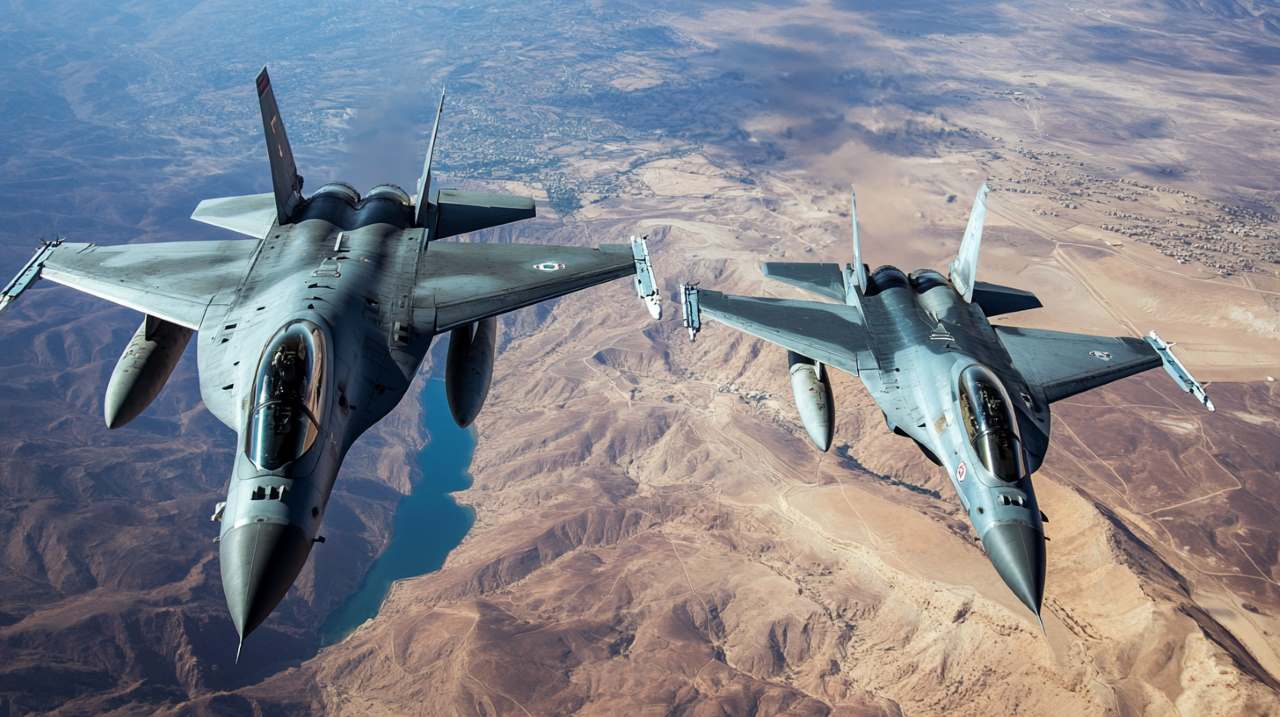
Overview of the Situation
On September 27, 2024, Israeli airstrikes hit the southern suburbs of Beirut, targeting Hezbollah’s central command headquarters. The attack represents one of the most severe escalations in the ongoing conflict between Israel and Hezbollah,
a powerful Iranian-backed militant group based in Lebanon. The strikes shook the Lebanese capital, leaving multiple residential buildings destroyed and sending thick clouds of smoke over the city.
Details of the Strikes
The Israeli military confirmed that the airstrikes were aimed at Hezbollah’s command centers embedded within civilian areas in the Dahiyeh district, a Hezbollah stronghold in southern Beirut. This area has been the focal point of multiple strikes in recent weeks, with Israel intensifying its military campaign against the group as part of Operation Northern Arrows, launched on September 23.
The latest airstrike targeted senior Hezbollah leaders, including the group’s secretary-general, Hassan Nasrallah. Despite initial fears, Nasrallah reportedly survived the attack, with sources close to Hezbollah and Iranian news outlets confirming he is safe. However, the condition of several other top Hezbollah commanders remains unclear.
Casualties and Damage
The death toll from the latest strikes has reached at least 25, contributing to a rising number of casualties from the ongoing military campaign. Over 720 people have been killed in Lebanon since the escalation began, making this one of the deadliest periods of conflict between Israel and Hezbollah since their 2006 war. The strikes have also left scores injured and displaced thousands of civilians, compounding an already dire humanitarian situation.
The bombing led to the destruction of at least four buildings in the densely populated suburbs, with massive craters and widespread devastation reported. Emergency response teams are still working to remove rubble and rescue survivors, suggesting that the death toll may continue to rise as recovery operations progress.
Escalating Regional Tensions
The airstrikes in Beirut follow a high-profile speech by Israeli Prime Minister Benjamin Netanyahu at the United Nations, where he vowed to continue targeting Iranian-backed forces in Lebanon. Netanyahu dismissed international calls for a ceasefire, stating that Israel has every right to defend itself against Hezbollah’s rocket attacks, which have intensified in recent months as the group shows solidarity with Palestinian fighters in Gaza.
The strikes have prompted sharp reactions from regional and global actors. Iran, a staunch supporter of Hezbollah, has condemned the strikes as a “game-changing escalation” and warned of repercussions for Israel. The U.S., while a key ally of Israel, expressed frustration over the lack of advance warning about the strikes and continues to push for de-escalation to avoid a broader regional conflict.
Humanitarian Impact
The conflict has severely affected Lebanon’s civilian population. The latest round of strikes has displaced around 100,000 people in Beirut and surrounding areas, with the total number of those uprooted in Lebanon now exceeding 200,000. Many have sought refuge in makeshift shelters such as schools and community centers, as the Lebanese government struggles to provide adequate support amidst ongoing chaos.
Human rights organizations and various governments have called for a ceasefire to prevent further civilian casualties. However, the continued military operations by both Israel and Hezbollah suggest that the conflict is far from over.
Conclusion
The Israeli airstrikes in Beirut mark a critical point in the conflict with Hezbollah, highlighting the dangerous potential for a broader war in the Middle East. With diplomatic efforts faltering and hostilities intensifying, the humanitarian crisis in Lebanon is likely to worsen. Both Israel and Hezbollah show no signs of backing down, making the prospects for peace increasingly dim as the world watches anxiously.
